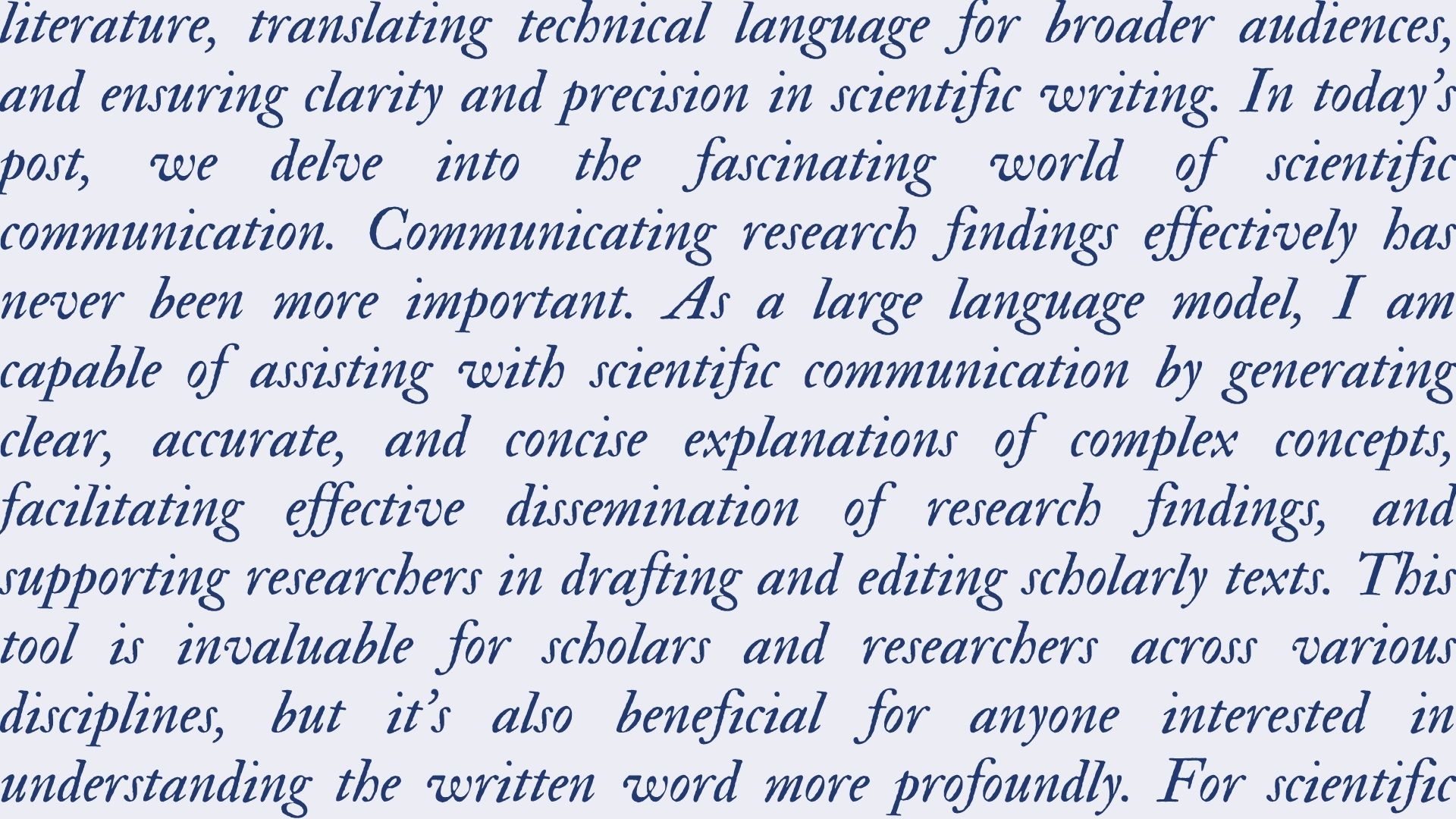
Capturing Impacts of Non-Traditional Research Outputs (NTROs)
Post Views: 48 — by Fanny Liu Introduction to NTROs Non-Traditional Research Outputs (NTROs) are research outputs beyond the traditional research outputs (academic journal articles, conference papers, academic books, and book chapters). They represent a diverse spectrum of creative and practice-based works, reflecting the innovative nature of research, particularly within the humanities and social sciences.…
Read More
Where Research Is Heading: Identifying Emerging Topics
Post Views: 131 — by Chloe Ng Identifying emerging research topics helps researchers track areas gaining momentum in their fields. With the growing volume of publications, bibliometric tools help to detect these trends. This blog post outlines what defines an emerging topic, why topic growth matters, and how tools like InCites and SciVal can support…
Read More
Text and Data Mining (TDM) Exception: What It Means for Researchers
Post Views: 193 — by Eddie Ko Earlier this year, the Hong Kong government published the Outcomes of Public Consultation and Proposed Way Forward on Enhancement of the Copyright Ordinance regarding Protection for Artificial Intelligence Technology Development. A key highlight is the proposed introduction of a Text and Data Mining (TDM) exception, which could be…
Read More
How HKU Medical Research Travelled the World: Attention, Policy Uptake, and Clinical Practice
Post Views: 114 — by Fanny Liu What happens to research after it’s published? At University of Hong Kong (HKU), medical outputs from 2020–2024 didn’t just circulate in journals—they reached global newsrooms, informed policies, and shaped clinical guidance. Using Altmetric Explorer, we looked at 10,508 HKU-affiliated medical research outputs to understand their online attention and…
Read More
Charting Impact: HKU’s 2025 Performance in Essential Science Indicators (ESI)
Post Views: 231 — by Juliana Lau Following our analyses of the University of Hong Kong’s (HKU) research performance using Essential Science Indicators (ESI) published in 2024, this year’s review consolidates the latest trends using ESI’s rolling 10‑year window and bi‑monthly updates. We focus on HKU ranking in ESI, citation standing within fields, and growth…
Read More
Discovery Awaits: Finding Open Access Research Articles
Post Views: 150 — by Fanny Liu Previously, we have covered the open access movement for several times, focusing on publishing research in open access, for example: Apart from publishing, researchers and the public can enjoy the benefits brought by open access – as readers. In this post, a few useful tools to discover open…
Read More
Selecting a Repository for Data Sharing
Post Views: 230 — by Christina Wong For ensuring transparency and reproducibility of research, preserving data, increasing research visibility, and meeting the requirements of publishers and funders, sharing research data has been an increasing trend in academia. On top of managing research data with a Data Management Plan, the next question has come to your…
Read More
HKU Shines in Stanford’s 2025 World’s Top 2% Scientists List
Post Views: 981 — by Yining Huang, Ollie Zhang, Stella Chow Stanford University released the latest World’s Top 2% Scientists list in mid‑September 2025, recognizing leading researchers worldwide. The ranking is presented in two complementary views: a career‑long assessment that captures cumulative influence from 1960–2024 and a single recent year view that measures research influence…
Read More
Top 1% Scholars by Essential Science Indicators at the University of Hong Kong 2025
Post Views: 576 — by Chloe Ng Each year since 2009, the Libraries has published a list of the top 1% researchers worldwide by citations in at least one of the 22 research fields at the University of Hong Kong (HKU), based on Essential Science Indicators (ESI) data released by Clarivate. In 2025, the University…
Read More
GPT (Ghost-Penman-Typist): Has Generative Artificial Intelligence (GenAI) Paved Its Way into Scholarly Writing?
Post Views: 341 — by Fanny Liu Introduction Researchers have been using Generative Artificial Intelligence (GenAI) for research, such as writing codes, brainstorming research ideas, drafting research manuscripts, and more (Van Noorden & Perkel, 2023). While recognising the negative impacts, including proliferation of misinformation, making plagiarism easier and harder to detect, and bringing inaccuracies into…
Read More